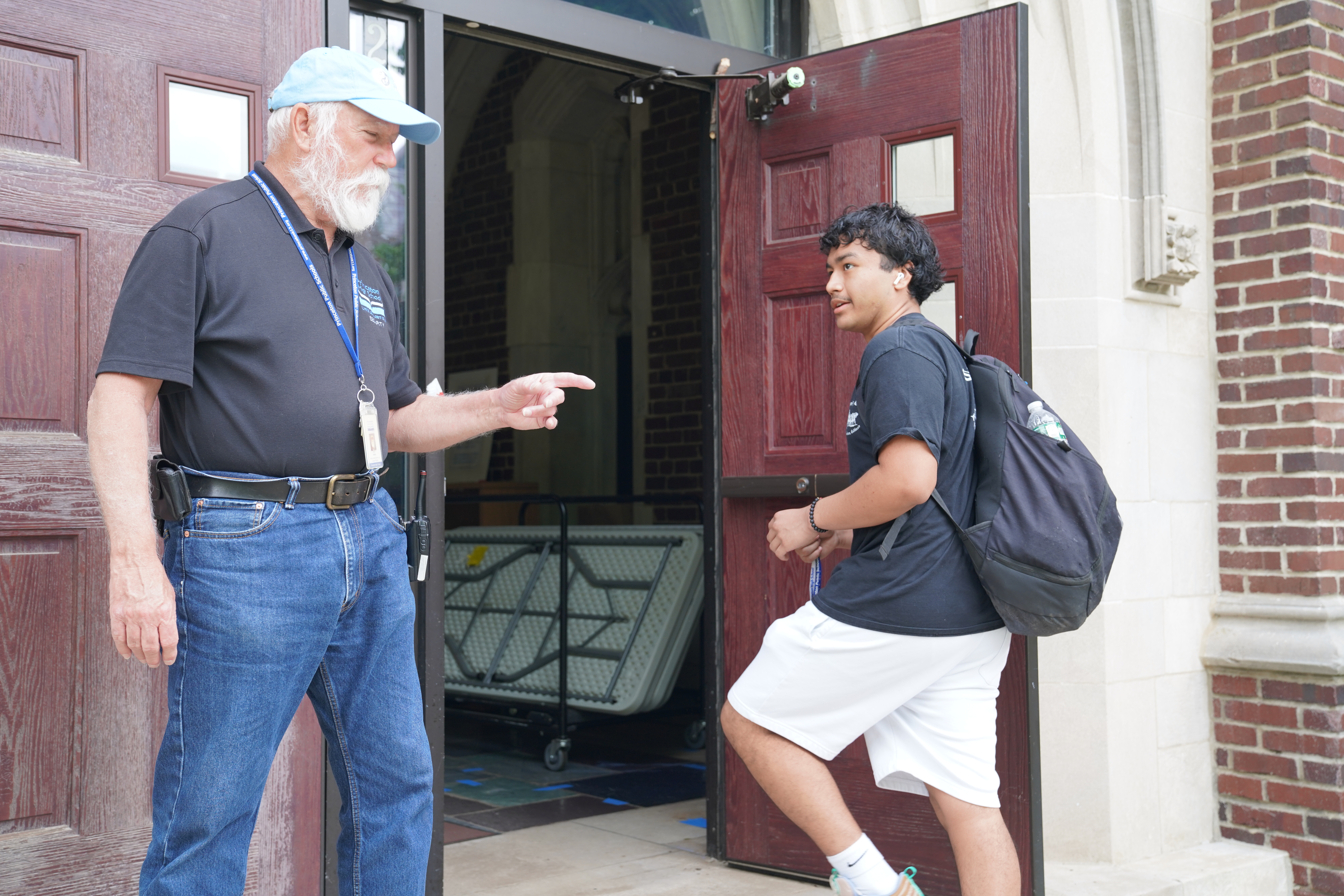Attendance in the state of New Jersey is governed by a simple guideline: every student can be absent up to ten percent of the 180-day school year before experiencing loss of course credit. Out of this simplicity, however, complex nuances can arise. PHS uses a variety of policies to ensure students maximize their time in classrooms and graduate with the required amount of credits.
“At the high school level, you graduate by accumulation of credits. And if you are absent for more than 10 percent, which is where that 18 absences come from, then the state law says you automatically lose credit,” PHS Principal Cecilia Birge said.
PHS assistant principals begin reviewing the attendance for every student immediately after graduation to determine who loses credit and who does not. For seniors, this process is especially crucial as New Jersey requires that they earn 120 total credits to graduate. Those who have exceeded the maximum number of absences face the consequence of not earning enough credits to graduate.
Attendance and chronic absenteeism became a widespread issue following the pandemic, as circumstances caused many students to miss more than the 18 day limit for absences.
“The pandemic has disrupted learning so much. Remote learning was [not previously] considered [as] school days. It required an emergency executive order by the governor to allow remote learning to be a legitimate school day,” said Birge. “And then once school reopened its doors, students and families were reluctant to come back. [Of] the current seniors, more than half of them were not in the building in their freshman year.”
One of the policies PHS has implemented to help seniors recover credit is Saturday Academy, which will be held for two Saturdays during this school year. The academy operates for three hours in the morning and three hours in the afternoon. Since each hour counts for one absence, a senior who stays both times can recover six absences in just one day. As a result, seniors who are just one or two over 18 absences can still gain credit for their classes.
While Saturday Academy does not have regular classes to accommodate every course each student has been absent in, the assistant principals in charge have planned out a way to incorporate some learning as the seniors study and make up for their missing work.
“We didn't want it to be just a passive sitting seat recovery time, [so] we paid teachers [to come], like a social studies teacher, ... a math teacher, an ESL [teacher], Spanish language support, ... [and] even I went in there and provided some tutoring,” said Birge, recounting her experience from the Saturday Academy that took place two years ago.
During Saturday Academy, seniors are asked to write an appeal letter explaining their reasons for absences. All appeal letters are then reviewed by an Appeals Committee composed of various teachers and counselors, which then votes on whether or not a senior can receive credit for their classes.
“You leave it up to the people in the room to read your letter to say, ‘yes, this person can get credit in this class’ or ‘no, this person can’t get credit’ ... So at the end of the day, it is easier to just do what you’re supposed to do ... [instead of] leaving your future to the vote of people that might not personally know you,” said PHS Assistant Principal Rashone Johnson.
Saturday Academy and the appeals process come into play only after students surpass the 18 day absence limit, after which they lose credit. Under current policy, students only receive consequences for attendance once they reach this threshold, so the school is debating the implementation of measures to deter students from missing class before it happens.
“Should we assign consequences like detention? So that [way] the warning is given earlier, rather than [waiting] till the end of the year,” Birge said.
However, the school acknowledges that reasons for absences vary by student.
“Each family is different; each student is different. [Everyone] has very different needs … Some students have school avoidance issues, other students have anxieties. Some students have sports needs, [and] other students [are] international students ... who often travel,” Birge said.
Acknowledging this, PHS accounts for needs or extenuating circumstances of individual students that may lead to extended absence, allowing attendance contracts and attendance meetings with the Assistant Principals.
“Those [attendance] contracts are drafted to support the students–to be here for them to take charge of their own learning.he assistant principal [then] has the authority to approve the additional absences,” Birge said.
As a result, the PHS administration’s approach to addressing chronic absenteeism stresses individual guidance and monitoring.
“First [we] build that relationship [with our students], continue to monitor them and know their needs, and then navigate, create using different tools, create different programs, [and the continuation of] Saturday Academy,” said Birge. “So far, we're doing extraordinarily well. Our graduation rate is anywhere north of 98 percent each year… Whatever it takes for us to carry them through that finish line, we do it.”
